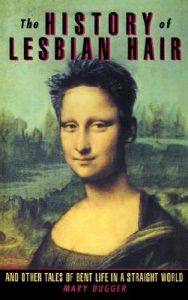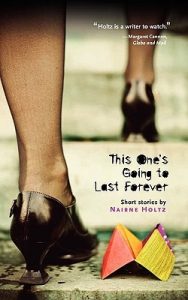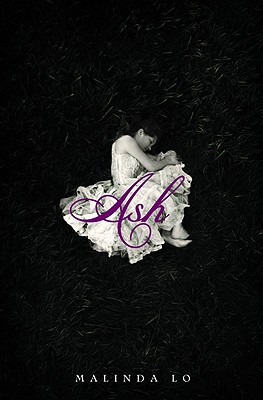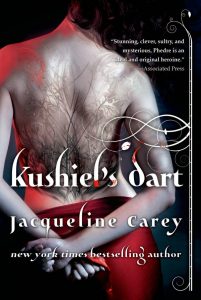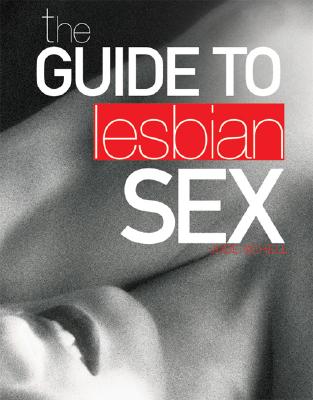The Publishing Triangle (“the association of lesbians and gay men in publishing”) have just announced their picks for the best LGBT books of 2010.
Winner of the Judy Grahn Award for Lesbian Nonfiction: Rebecca Brown, American Romances (City Lights)
Winner of the Audre Lorde Award for Lesbian Poetry: Stacie Cassarino, Zero at the Bone (New Issues Poetry & Prose)
Check out the rest of the winners and finalists here.
Have you read any of the winners or finalists for the Publishing Triangle Awards? What did you think of them?

